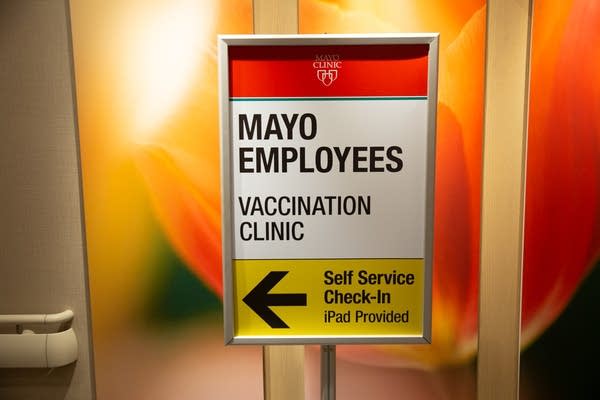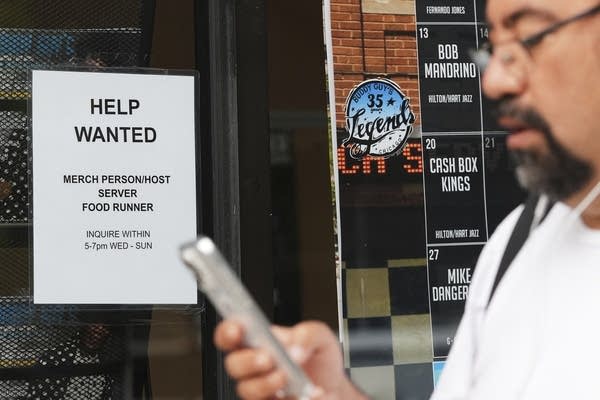Minnesota moves to end housing stabilization program after reports of possible fraud
The Department of Human Services said it didn’t have adequate guardrails on the program to prevent bad actors from improperly obtaining the funds. It said it would work with the Legislature to redevelop the program.
Go Deeper.
Create an account or log in to save stories.
Like this?
Thanks for liking this story! We have added it to a list of your favorite stories.
















